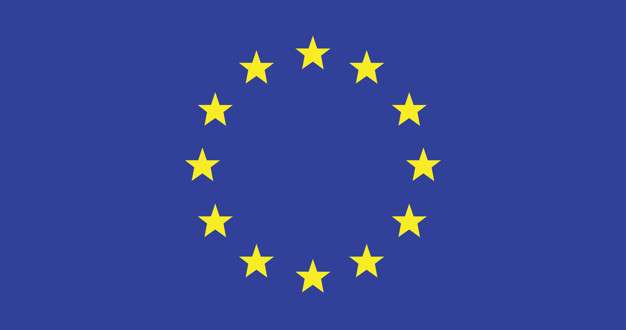EU ended VAT exemptions in July 2021 and implement IOSS

If you are either an EU or non-EU seller that sells within the EU region, take note of the following changes starting July 01, 2021. Starting July 01, 2021, all EU VAT-free goods – goods that are valued at EUR 22 or below – will now be charged with VAT. This means that all products […]
